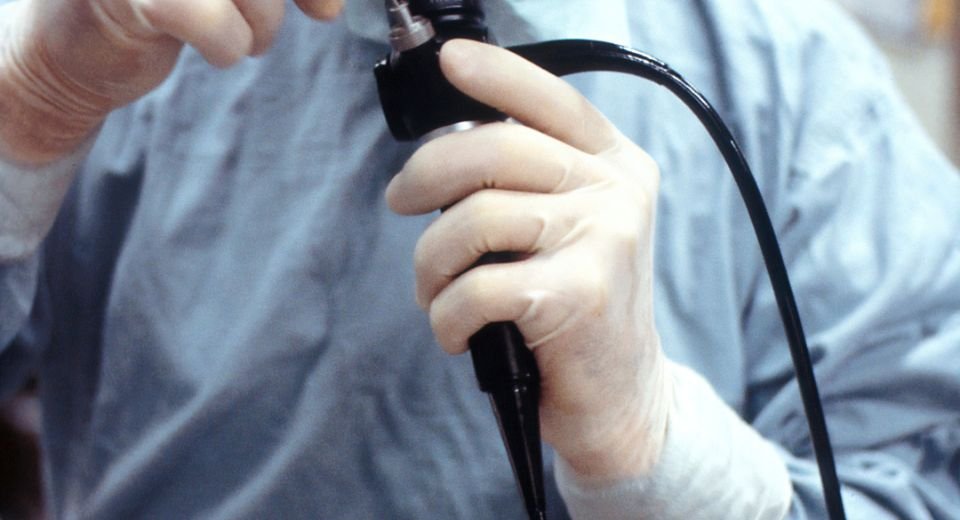HQ Team
March 13, 2023: Pfizer will acquire Seagen for $43 billion to beef up its cancer portfolio, with COVID-19 vaccine sales forecast to plummet.
Pfizer will buy Seagen, a Seattle-based biotechnology company that discovers, develops and commercialises cancer medicines, for $229 a share in cash, according to a company statement.
Manhattan-headquartered Pfizer expects to finance the transaction substantially through $31 billion of new, long-term debt and the balance from a combination of short-term financing and existing cash.
The companies expect to complete the transaction in late 2023 or early 2024. Pfizer expects to achieve nearly $1 billion in cost efficiencies in the third full year after the completion of the transaction.
Seagen’s medicines, late-stage development programs and expertise in Antibody-Drug Conjugates (ADCs) strongly complemented Pfizer’s Oncology portfolio, it stated.
$2.2 billion in 2023
Seagen expects to generate about $2.2 billion in revenue this year, representing 12% year-over-year growth, from its four medicines, royalties and collaboration and license agreements.
Pfizer forecasts that Seagen could contribute more than $10 billion in risk-adjusted revenues in 2030, with significant potential growth beyond 2030.
Seagen is set to expand the impact of its therapeutic approach with its pipeline that includes 11 new molecular entities, many with the potential to treat large patient populations and all global commercial rights.
“Pfizer is deploying its financial resources to advance the battle against cancer, a leading cause of death worldwide with a significant impact on public health,” said Dr Albert Bourla, Pfizer Chairman and Chief Executive Officer.
“Together, Pfizer and Seagen seek to accelerate the next generation of cancer breakthroughs and bring new solutions to patients by combining the power of Seagen’s ADC technology with the scale and strength of Pfizer’s capabilities and expertise.”
COVID-19 vaccine sales decline
The Seagen deal comes at a time when the company’s revenue from COVID-19 vaccine Comirnaty was forecast to plummet by 64% in 2023.
Pfizer also expects a 58% decrease in 2023 revenue from COVID-19 oral antiviral Paxlovid, the company stated during the full-year and fourth-quarter earnings 2022 in January.
Pfizer expected sales of $13.5 billion for Comirnaty in 2023 after generating revenue of $36.8 billion in 2021 and $37.8 billion in 2022 from the vaccine.
As for Paxlovid, the company anticipates $8 billion in 2023 after reporting sales of $18.9 billion for the post-infection treatment in 2022.
Oncology continued to be the most significant growth driver in global medicine. The acquisition “will enhance Pfizer’s position in this important space and contribute meaningfully to the achievement of Pfizer’s near- and long-term financial goals.”
Four cancer medicines
Seagen’s portfolio includes four approved medicines to treat solid tumours and hematologic malignancies, including three ADCs. The four medicines are Adcetris, Padcev, Tivdak and Tukysa — which it commercialises.
According to the statement, clinical development programs were ongoing for these medicines for potential new tumour types or expanded indications in earlier lines of therapy, with catalysts expected annually through 2027.
The acquisition will leverage Pfizer’s protein engineering and medicinal chemistry capabilities to advance Seagen’s ADC technology to unlock potential novel target combinations and next-generation biologics.
Seagen is also developing technologies capable of potentially generating multiple Investigational New Drug Applications, such as antibody platforms that directly engage the immune system to destroy tumours, such as bi-specific antibodies.
Double drug pipeline
Pfizer Oncology’s 24 approved innovative cancer medicines portfolio generated $12.1 billion in 2022 revenue.
Pfizer’s in-line portfolio, or products that are licensed and in the market, are focused on four broad, key areas: breast cancer, genitourinary cancer, haematology and precision medicine.
It is complemented by a pipeline of 33 programmes in clinical development. “The proposed combination with Seagen would double Pfizer’s early-stage oncology clinical pipeline.”








